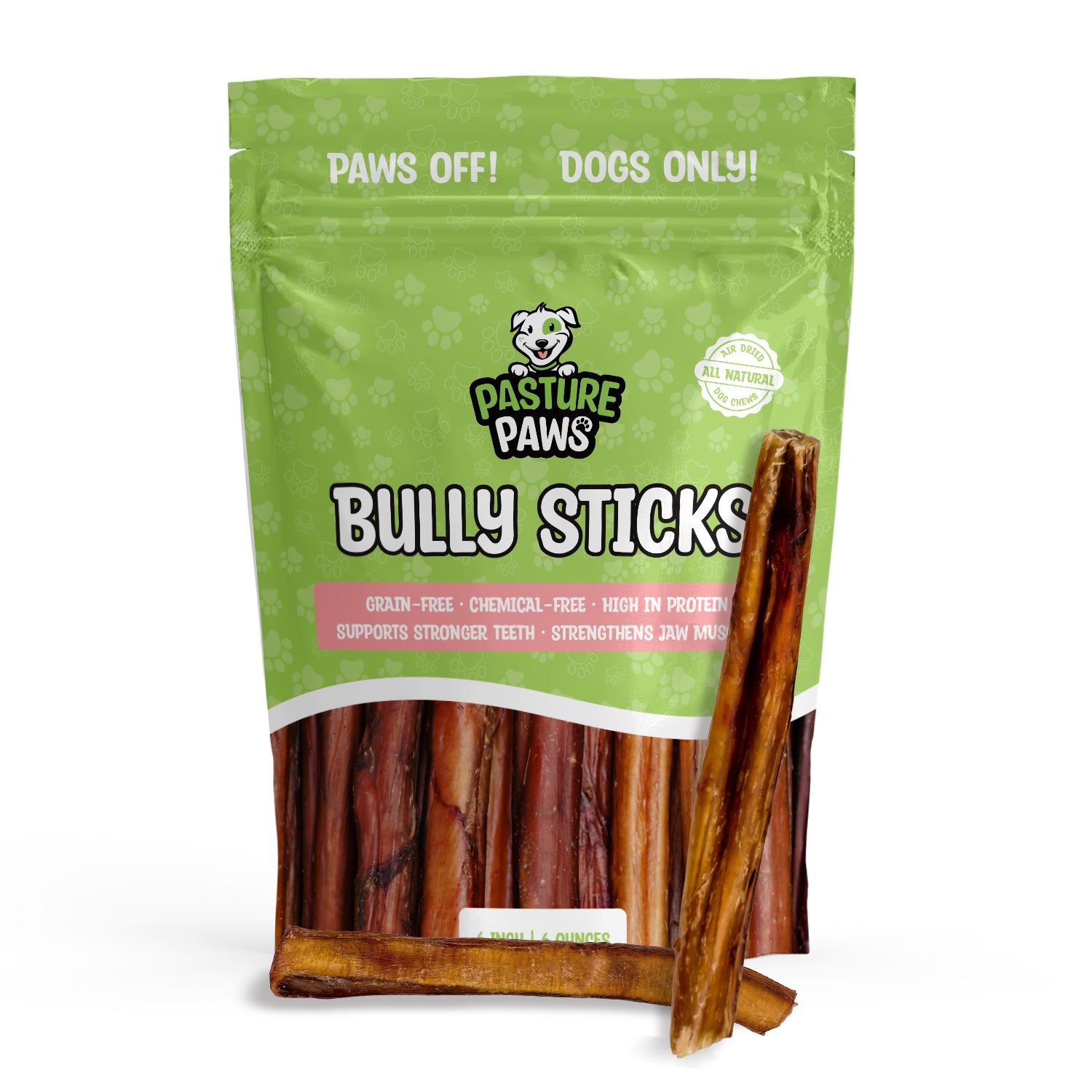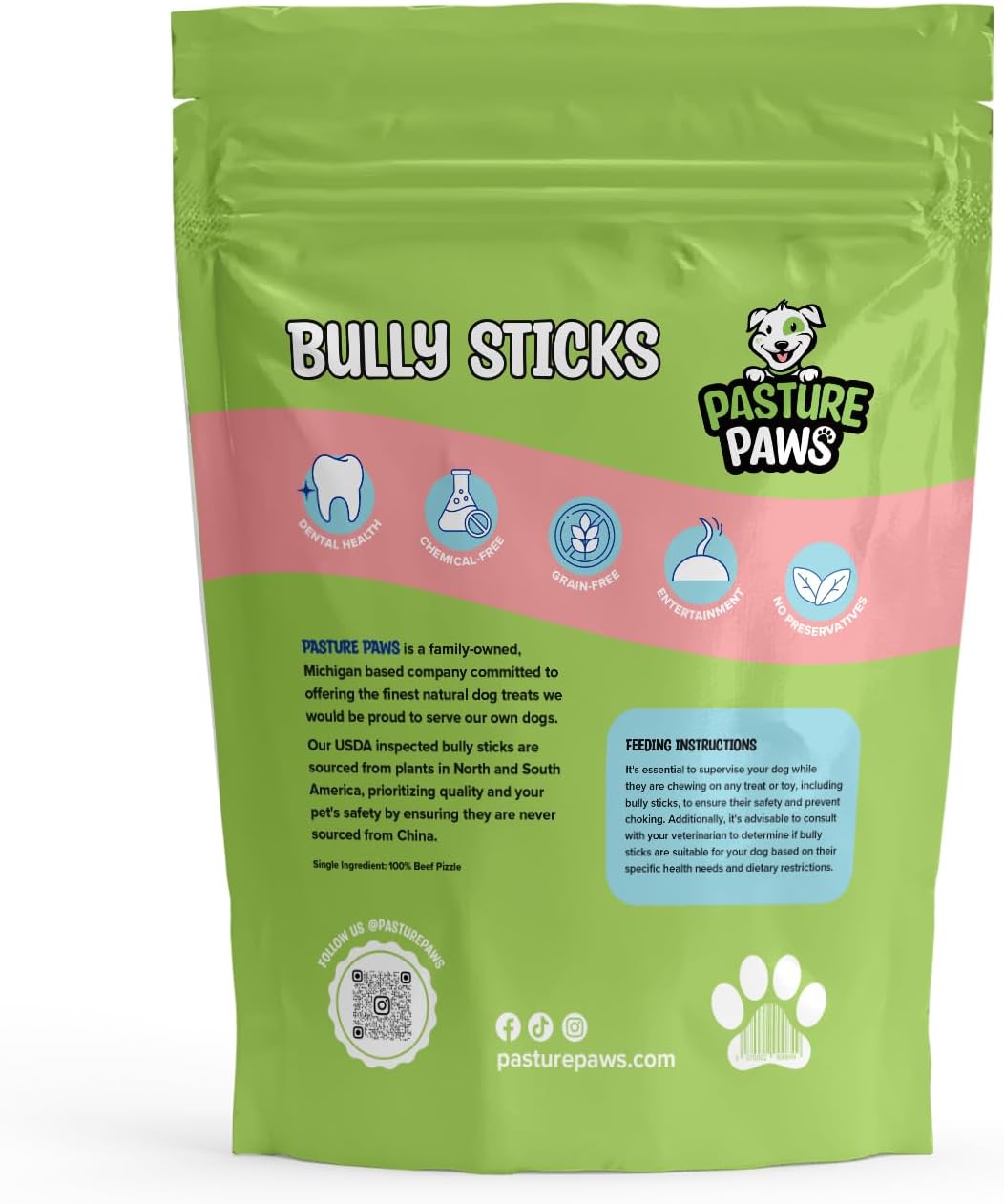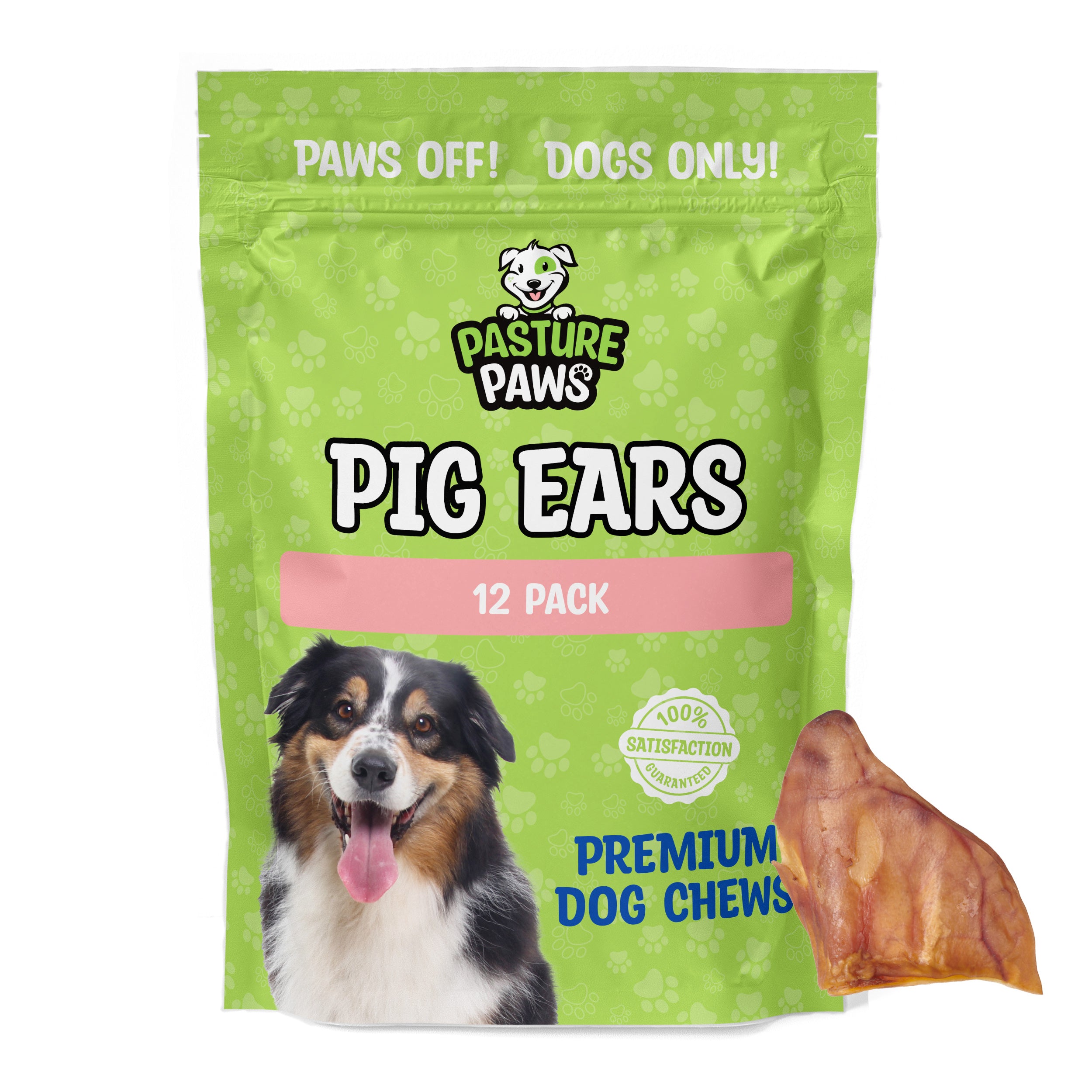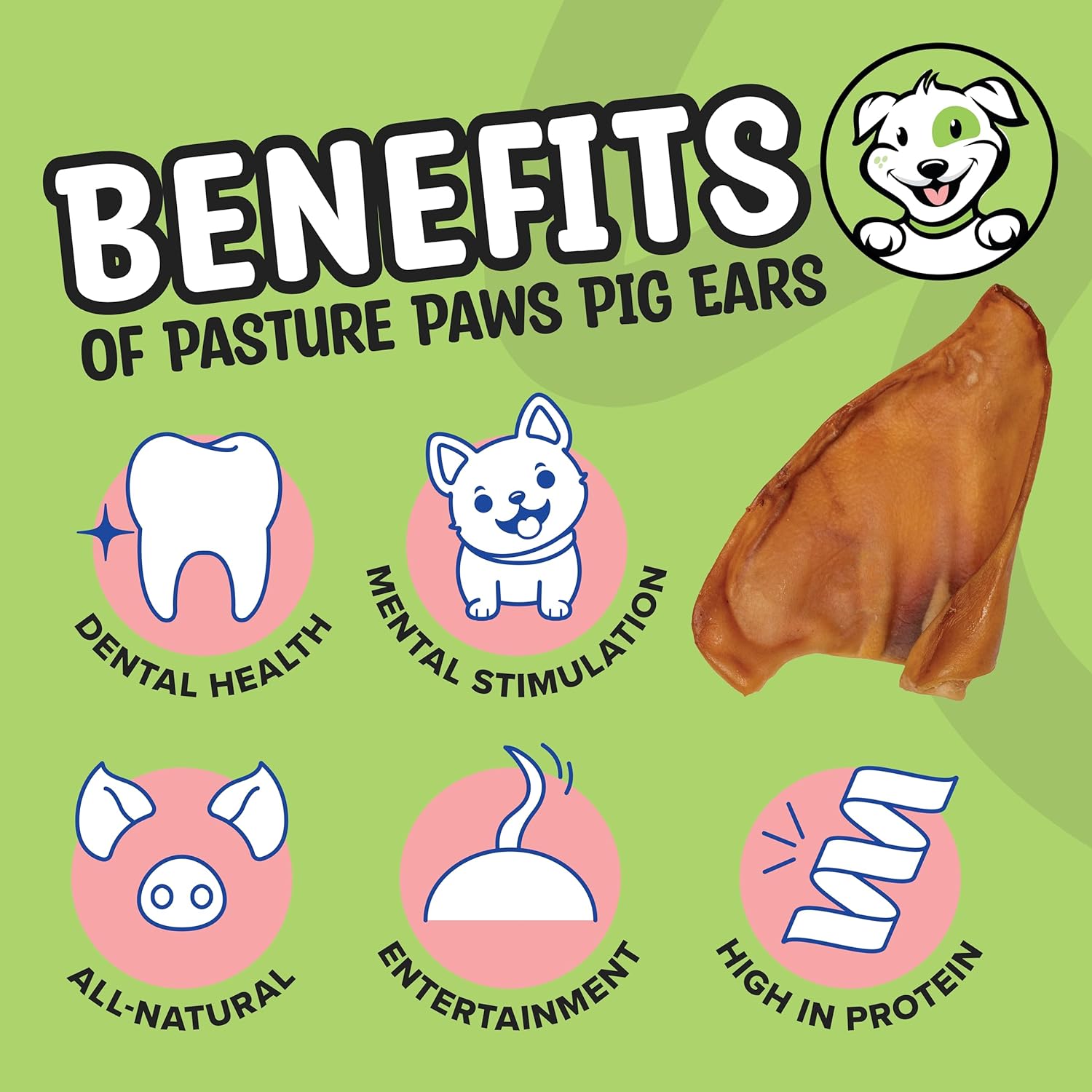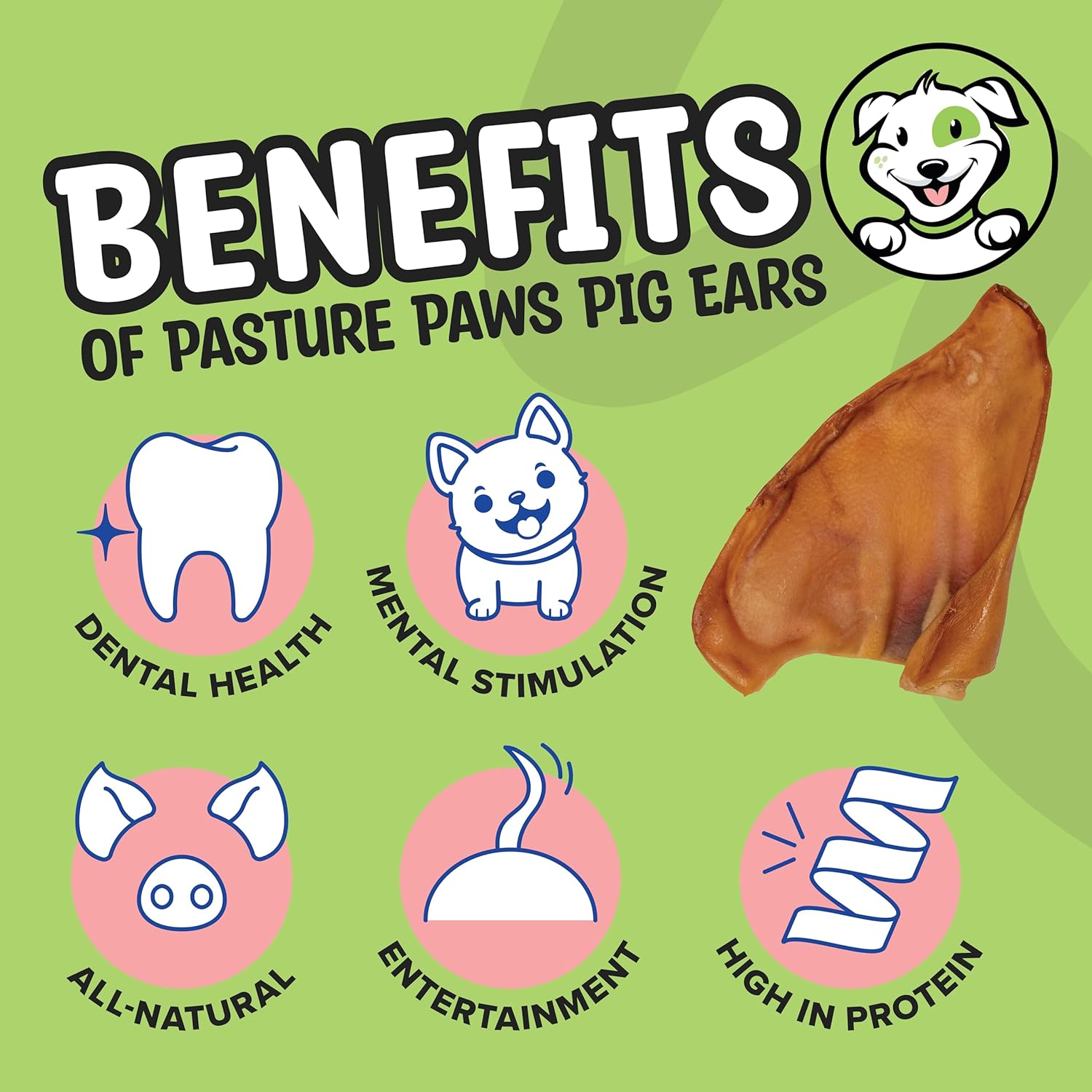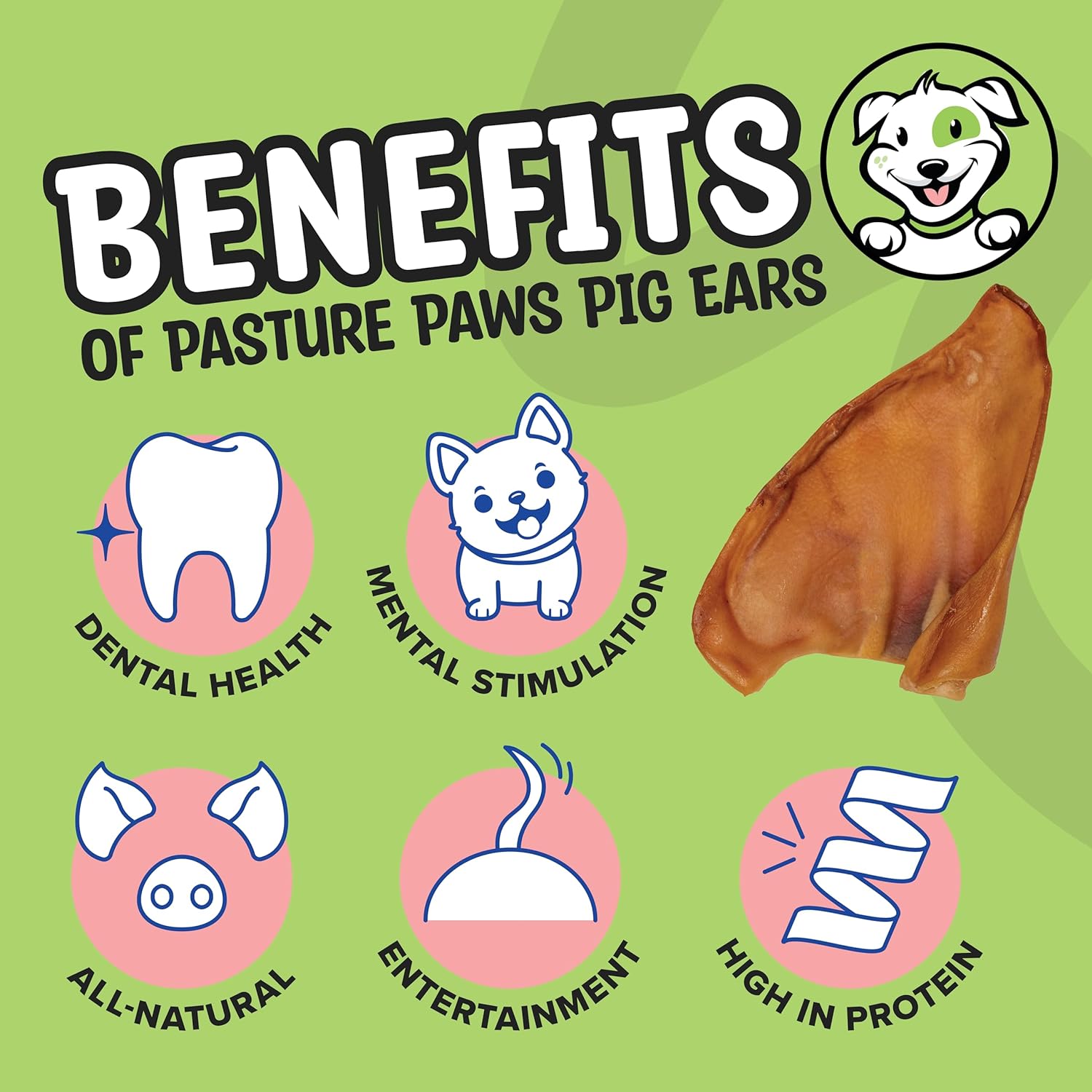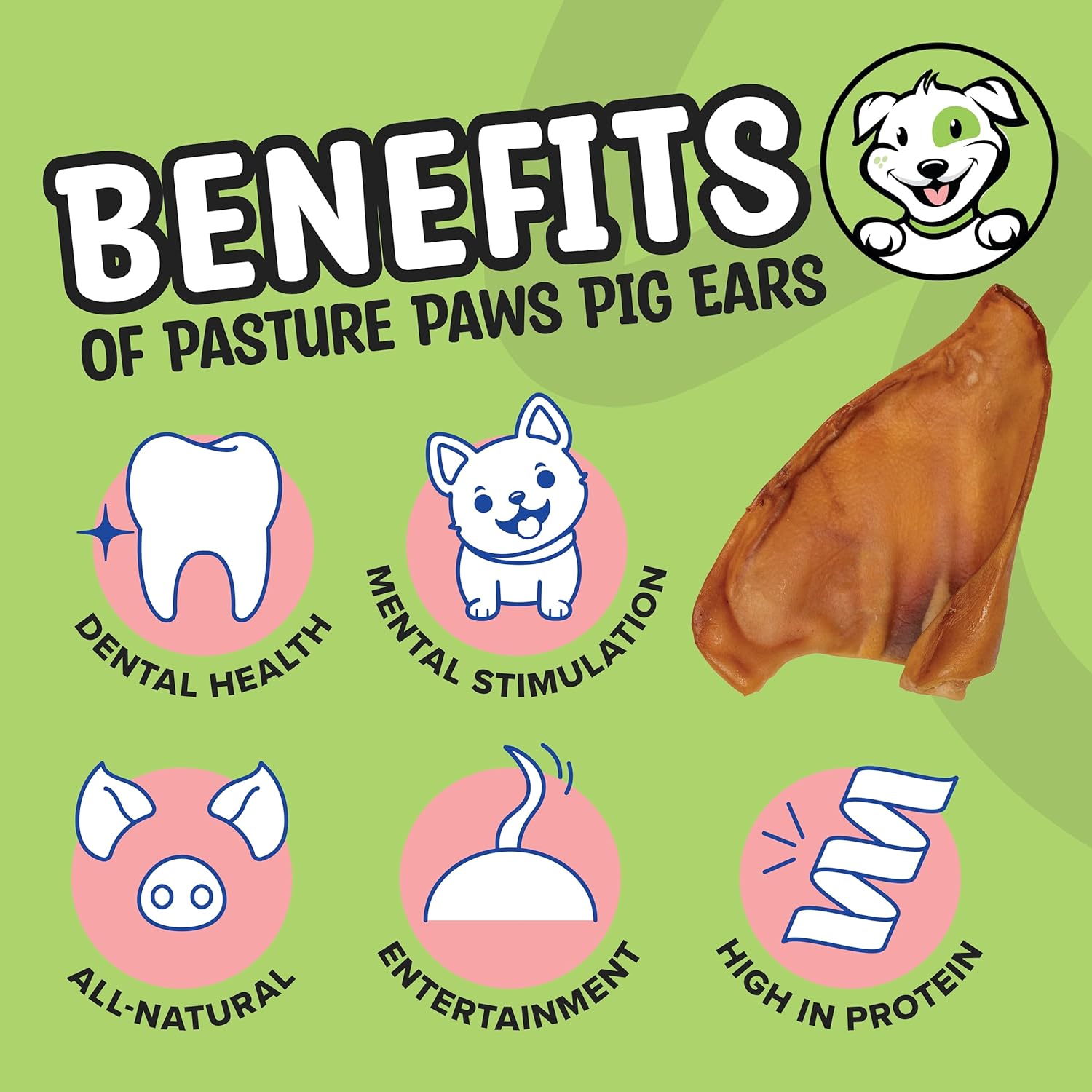When choosing treats for your dog, safety and health should be your top priorities.
Many pet owners want to know which dog treats are made from the most natural ingredients.
Treats made with real, recognizable ingredients, such as meat, fruits, and vegetables, are often the safest option for your furry friend.

Veterinarians recommend looking for healthy dog treats that are free from artificial additives and preservatives.
Checking ingredient labels can help ensure you’re making the best choice for your dog's diet.
Simple, natural ingredients not only provide essential nutrients but also reduce the risk of allergic reactions.
You deserve to feel confident in your choices for your pet’s health.
By selecting dog treats that prioritize natural ingredients, you can treat your beloved pet while supporting their overall well-being.
How Can You Identify the Safest Dog Treats?

When choosing dog treats, it's important to look for products with natural ingredients and avoid artificial additives.
You should also consider common allergens that may affect your dog's health.
Natural vs Artificial Ingredients
Start by reading the ingredient list on dog treats.
Look for products labeled as "organic" or "natural." These often contain fewer preservatives and are less likely to have artificial colors or flavors.
Prioritize treats with limited ingredient lists.
Short lists usually mean fewer chances of hidden additives.
Avoid treats that list ingredients like wheat, corn, or soy, which are common allergens.
Be cautious of treats that contain vague terms like "meat by-products."
Instead, seek specific sources like "chicken" or "beef." These are clearer and safer choices for your dog’s diet.
Common Allergens and Sensitivities
Some dogs can be sensitive to certain ingredients. The most frequent offenders include dairy, gluten, and specific proteins.
If your dog has a known allergy, avoid treats that list these ingredients.
Make sure to introduce any new treat slowly, monitoring for signs of allergies like itching or upset stomach.
Choose grain-free options if your dog has sensitivities to grains.
Always pay attention to your dog's reaction to new treats.
If you notice any negative signs, discontinue use immediately and consult your vet.
This proactive approach helps ensure the treats you offer are safe and suitable for your pet.
Selecting the Right Treats by Size and Age

Choosing the right dog treats involves considering your pet's size and age.
Treats should be safe and appropriate for your dog to avoid issues like choking hazards.
Different sizes and life stages require different considerations.
Treats for Small and Large Dogs
When selecting treats for small dogs, look for options specifically designed for their size.
Small treats are easier for them to chew and digest.
Soft or breakable treats can also help, as they reduce the risk of choking.
For large dogs, aim for treats that are larger and tougher in texture.
This caters to their powerful jaws and helps keep them engaged.
You might consider dental chews that promote oral health, as they require more chewing.
Remember to check the ingredients to avoid fillers and artificial additives.
Always ensure that the size of the treat matches your dog's needs to promote safety and enjoyment during snack time.
Puppy Treats Versus Senior Dog Treats
Puppy treats should be soft and easy to chew.
Young dogs are still developing their teeth and jaws, so softer textures are essential.
Look for treats that are nutrient-rich to support their growth and development.
Conversely, senior dogs may have different dietary needs.
Treats for older dogs should be softer yet low in calories to prevent weight gain.
Senior dog treats can also include added joint support, like glucosamine or omega fatty acids.
Always be cautious of potential choking hazards, especially for both puppies and senior dogs.
Choose treats designed to suit their specific age-related needs and always supervise treat time to ensure safety.
Health Benefits and Nutritional Considerations

When choosing safe dog treats, it’s essential to consider their health benefits.
Focusing on low-calorie options can help manage your dog's weight.
Additionally, treats that promote dental health can contribute to your pet's overall well-being.
Low-Calorie and Weight Management Treats
Low-calorie treats play a crucial role in managing your dog's weight.
These treats can help satisfy your pup's cravings without adding excess calories.
Look for treats that are low in fat and high in essential nutrients.
Healthy Ingredients, such as sweet potatoes or blueberries, provide added nutrition without unnecessary calories.
Check for protein-rich options that include chicken or fish as primary ingredients.
These treats often contain omega-3 fatty acids, which support skin and coat health while keeping your dog satisfied.
Selecting low-calorie treats also encourages a balanced diet.
This can help prevent obesity and promote overall health.
Always consider your dog's dietary requirements and consult your vet if unsure about the best options.
Dental Health and Treats That Clean
Treats that support dental health are vital for your dog’s teeth and gums.
These products are designed to reduce plaque and tartar buildup, promoting better dental care.
Regular use of such treats can help maintain good oral hygiene.
Look for treats that have a crunchy texture.
The act of chewing can help clean your dog's teeth effectively.
Ingredients like green tea extract or baking soda can also be beneficial for dental health.
Incorporate these treats into your dog's routine.
They not only help maintain nutritional balance but also make munching a rewarding experience.
Prioritize treats that are made from natural, healthy ingredients for the best results.
What Are the Safest Dog Treats for Your Pet?

Choosing safe dog treats means avoiding harmful ingredients and ensuring proper storage. Pay attention to what goes into your dog’s treats as well as how you keep them.
Avoiding Harmful Substances and Ingredients
When selecting dog treats, look for those free from harmful substances.
Avoid treats with artificial additives, food dyes, or fillers.
Ingredients like xylitol can be toxic, so check labels carefully.
Natural options often include raw meat, which should be antibiotic-free.
Good choices also include products like beef trachea and bully sticks, which are both nutritious and satisfying for dogs.
Products such as the 9-10" Rawhide Retriever Roll - Natural Flavor and Pig Ears are great for promoting healthy digestion.
Ensure that the treats do not contain excessive salt or glycerin, as these can be harmful in large amounts.
Proper Treat Storage and Preservation
Proper storage is key to keeping dog treats safe.
Store treats in a cool, dry place to prevent spoilage.
Resealable bags or airtight containers help maintain freshness and keep pests away.
Be mindful of the expiration dates on packaging.
Using treats past their expiration can lead to health risks for your dog.
Check for any changes in smell or texture before giving treats, especially for items like stuffed shin bones or cow hooves.
Treats such as the 12" Beef Trachea Dog Chews are best served fresh for optimal enjoyment.
Proper storage practices ensure that your dog receives the safest and most tasty treats.
Conclusion

When choosing the safest dog treats, natural options are key.
Look for treats that are free from artificial additives and preservatives.
Recommended Natural Treats:
- 9-10" Rawhide Retriever Roll - Natural Flavor
- 6" Bully Sticks (5 Count)
- Pig Ears in various quantities (12, 30, 50, 75, and 100 Count)
- Beef Trachea Dog Chews (6 Inch and 12 Inch)
- 12" Thick Odor-Free Bully Sticks
Natural chews like stuffed shin bones and natural pork femurs can also be healthy choices.
You might consider options like:
- 2-3" Stuffed Shin Bones (6 Pack)
- 5-6" Stuffed Shin Bones (3 Pack)
- Pasture Paws Cow Hooves (available in 10 Pack and 25 Pack)
These treats not only offer enjoyment but also support your dog’s dental health.
When you select high-quality, natural options, you ensure your dog receives the nutrition they need without harmful ingredients.
Always monitor your dog while they enjoy their treats to prevent any choking hazards.
Your careful choices will lead to a happy and healthy companionship.
Frequently Asked Questions

When looking for the safest and most natural dog treats, it's important to consider what makes treats healthy and suitable for your pet.
Here are some common questions and answers to help you choose the best options.
What are the healthiest natural dog treats available on the market?
Some of the healthiest natural dog treats include options made from high-quality ingredients without artificial additives.
Treats like dehydrated meat or fish, and those made with whole fruits and vegetables, are good choices. Brands like Purina Pro Gentle Snackers and Zuke's Crunchy Naturals offer healthy options.
What do veterinarians recommend as the safest treats for dogs?
Veterinarians often recommend treats that are low in calories and made from natural ingredients.
Options like soft chews, freeze-dried meats, and dental chews can promote good health. You might consider Virbac C.E.T Tartar Control Chews for dental health.
Which natural treats are best for dogs with small or large breeds?
For small breeds, consider treats that are easy to chew and digest, such as small training rewards or soft treats.
Large breeds may benefit from larger, harder treats that support dental health. Look for options like Riley's Organic Pumpkin & Coconut Dog Treats which can suit various sizes.
How can I make healthy homemade treats for my dog?
Making homemade dog treats is simple and fun. Use ingredients like oats, pureed pumpkin, peanut butter, and apple slices.
Combine these ingredients and bake them to create tasty treats. You can find many recipes online to help you with the process.
